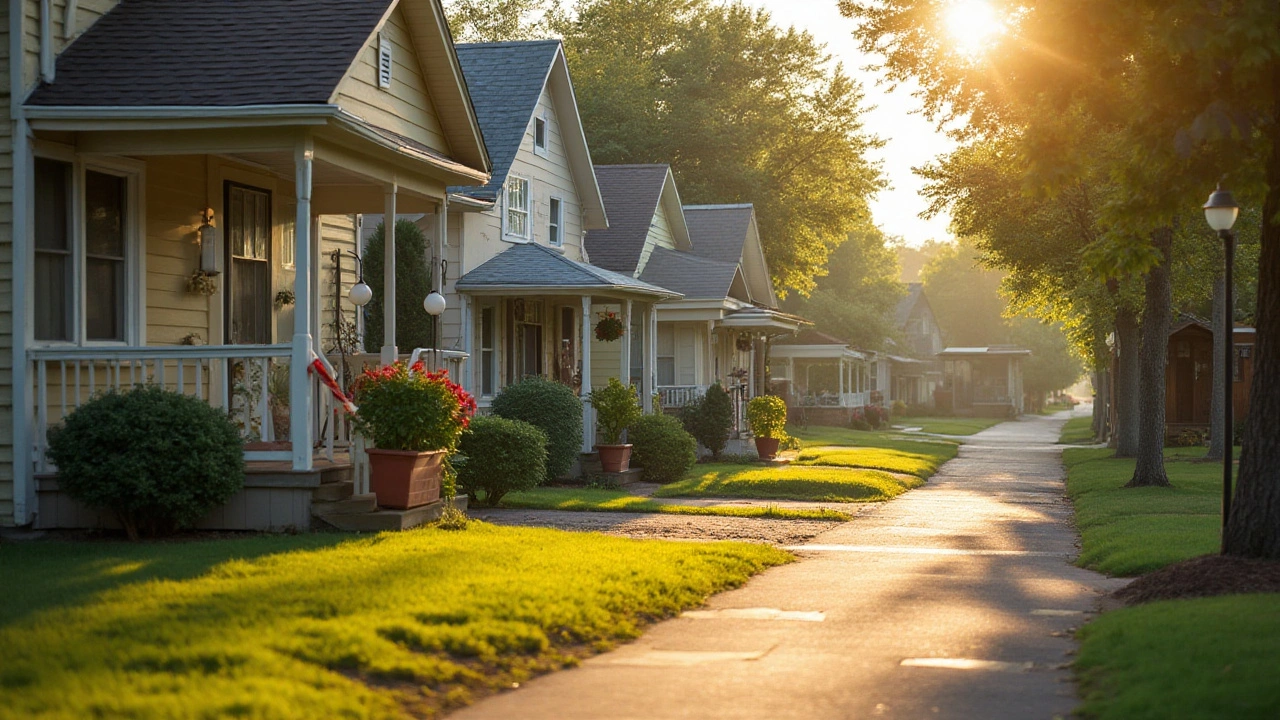Low-Cost Real Estate: How to Find Affordable Homes Without the Headaches
Looking for a place that won’t break the bank? You’re not alone. Many buyers think cheap homes mean hidden problems, but with the right approach you can snag a solid property at a price that fits your budget. This guide walks you through the real steps—no fluff, just what works.
Know the Numbers Before You Start
First thing’s first: work out what you can actually afford. Take your annual income, subtract regular expenses, and use a simple 28% rule – your housing costs (mortgage, taxes, insurance) shouldn’t exceed 28% of your gross pay. If you earn £30,000 a year, that means roughly £700 a month for everything housing‑related. Tools like online calculators can give you a quick ballpark, but always add a buffer for maintenance and unexpected repairs.
Next, check your credit score. A higher score locks in better rates, which directly lowers your monthly payment. If you’re sitting around 620, consider a quick credit‑boost plan: pay down revolving debt, correct any errors on your report, and avoid new credit pulls for a few months.
Where to Hunt for Cheap Properties
Don’t limit yourself to one portal. In the UK, sites like Rightmove, Zoopla, and local council listings all have hidden gems. Also, explore auction houses and repossession listings – these can offer steep discounts, but you’ll need cash ready or a pre‑approved mortgage that accepts auction purchases.
Consider areas with upcoming regeneration projects. A neighbourhood slated for new transport links or school upgrades often sees price growth after the work finishes, meaning you can buy low now and benefit later. Look for towns on the outskirts of major cities where rents are still affordable but demand is rising.
Another tip: think about shared ownership. Buying a share of a property (usually 25‑75%) lets you get on the market with a lower deposit. You pay rent on the remaining share, and you can buy more later when your finances improve. Our “Shared House Meaning” article breaks down how it works in plain English.
If you’re open to fixing up a place, look for homes that need cosmetic upgrades rather than major structural work. A fresh coat of paint, new flooring, or kitchen tweaks can add thousands of pounds to value without a huge outlay.
Finally, keep an eye on government schemes. Programs like Help to Buy, shared‑ownership grants, or local down‑payment assistance can shave off thousands. The “Virginia Down Payment Assistance” and “NC Down Payment Grant” posts give good examples of how these works in practice.
Bottom line: low‑cost real estate isn’t a myth, it’s a matter of strategy. Know your budget, check your credit, search multiple sources, and consider alternative ownership models. Follow these steps and you’ll be on the fast track to a cheap, solid home that won’t surprise you with hidden costs.

